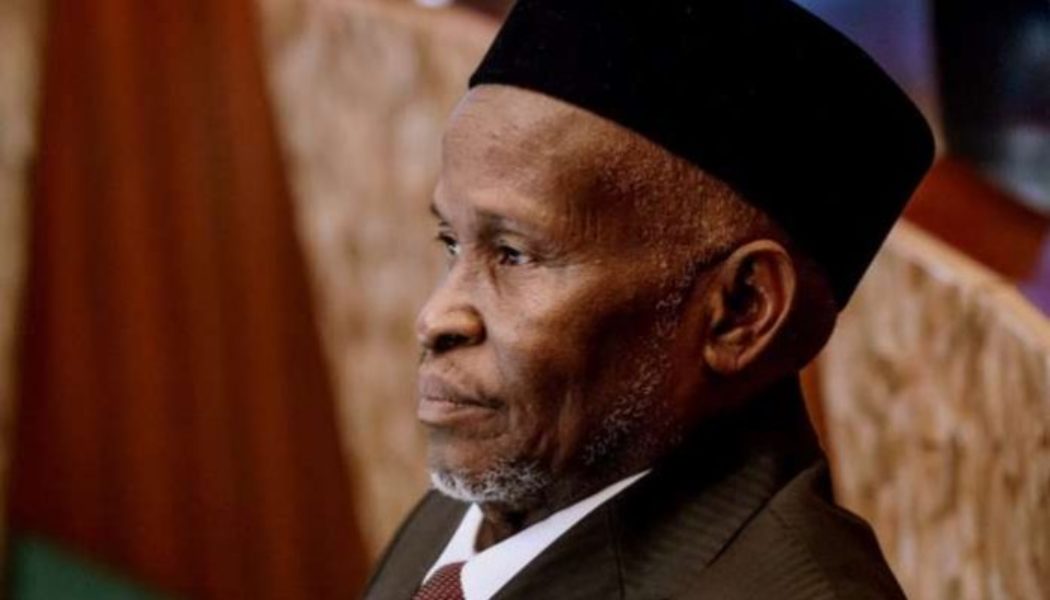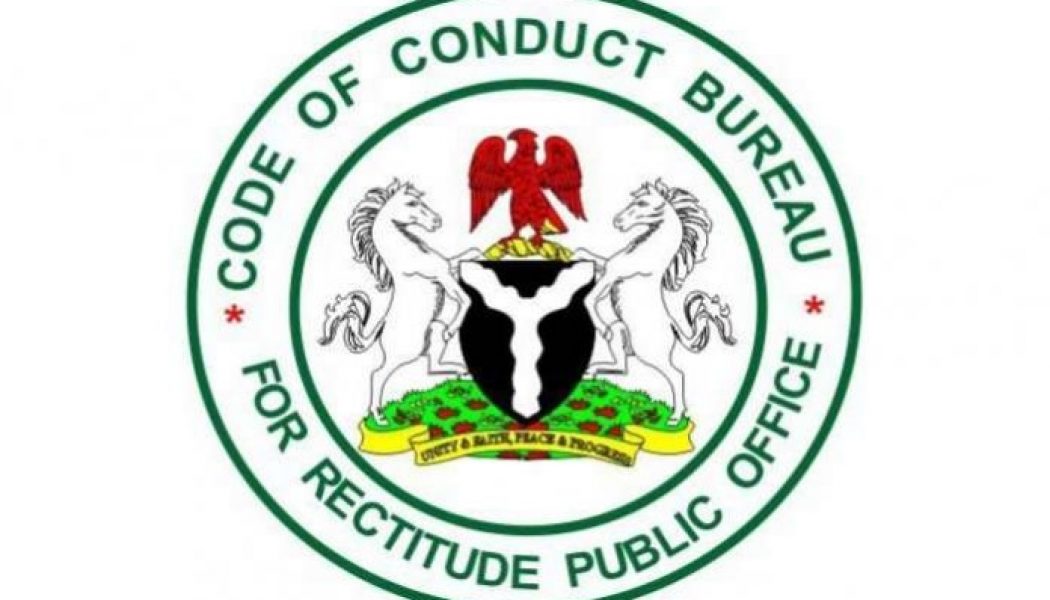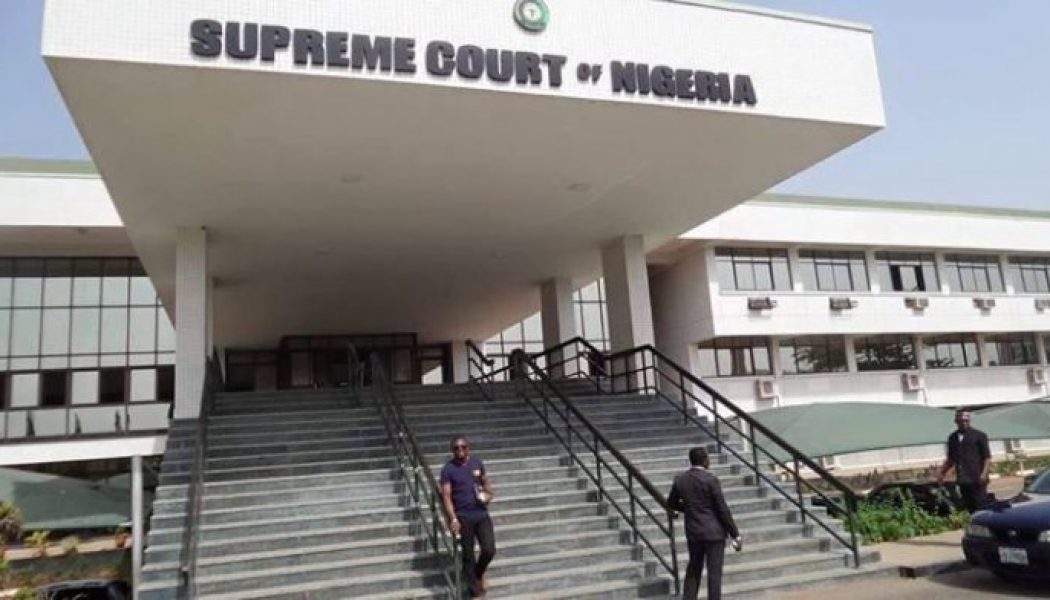Third Schedule
Official: Why CCB denies Nigerians access to public officers’ assets information
The Code of Conduct Bureau (CCB) on Wednesday explained why it denies Nigerians access to the details of the assets declared by public officers. The chair person of the bureau, Muhammad Isah, also disclosed that assets declaration would soon become online-based. Mr Isah, represented by his special assistant, Mustapha Musa, spoke in Lagos at a meeting on ‘Promoting Transparency and Accountability in Asset Declaration by High-Ranking Public Officers’. Newsmen report that the meeting was organised by the Socio-Economic Rights and Accountability Project (SERAP). On access to public officers’ assets information, the CCB chair said the bureau never honoured citizens’ requests for such information because the National Assembly had yet to give the guidelines for such public disclosure. He said the...
36 states sue federal government, demand funding of state courts
The 36 states governors, through their respective Attorneys General and Commissioners for Justice, have dragged the Minister of Justice and Attorney General of the Federation, AGF, Mr Abubakar Malami, SAN, before the Supreme Court over the failure of the Federal Government to fund the courts in the country with recurrent expenditure since May 5, 2009. It will be recalled that President Muhammadu Buhari, had in May 2020, signed Executive Order 10, which gave financial autonomy to the legislature and judiciary at the state level. The state governors argued that the Federal Government should also fund state courts if the president must make such order. The plaintiffs in the suit against the AGF, through their counsel, Mr Augustine Alegeh, SAN, are contending that the respondent refused to fun...






Nigerian National Assembly spends billions of naira on constitution review
The perennial constitution amendment exercise by the National Assembly is characterised by proposals that keep resurfacing despite gulping billions of naira yearly, an analysis has shown. The federal parliament had from the 5th to the current 9th National Assembly made several attempts to amend some provisions of the 1999 Constitution to no avail. At every session, the parliament officially spends N1 billion shared equally between the Senate and the House of Representatives. There are reports that the lawmakers spend more than what is appropriated for the exercise. While some amendments were successful, several others suffered serial failures but kept appearing in new proposals. Considering the huge spending, lawyers and civil society groups have pointed out that no significant amendments ...